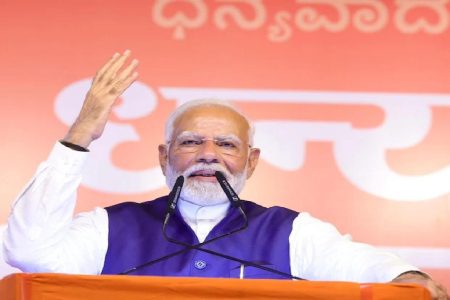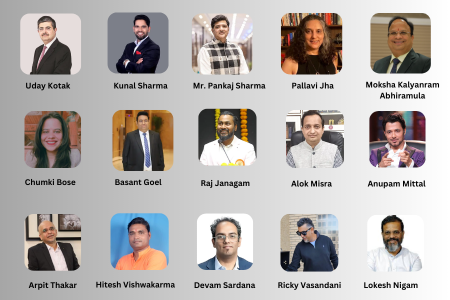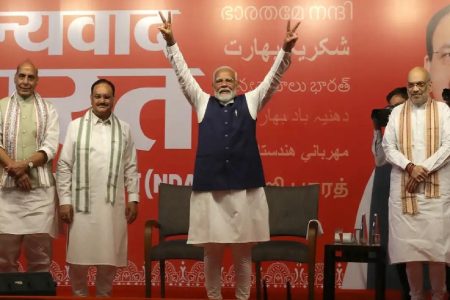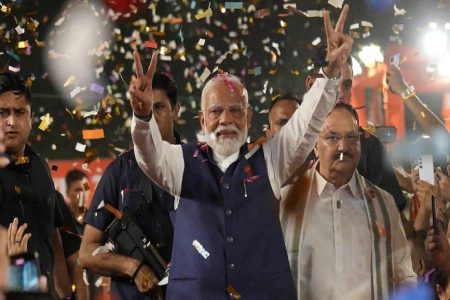
In the lead-up to this year’s Indian election, Prime Minister Narendra Modi was seen mingling with prominent figures from the social media sphere like BeerBiceps and Curly Tales at an awards event in Delhi, highlighting the increasing influence of digital personalities. This recognition of influencers underscores their potential to sway the opinions of young, disengaged, and disillusioned voters, a role that was previously unforeseen.
While some hail social media for democratizing information sharing, others caution against its pitfalls, where authenticity can be compromised for financial gain. The emergence of “influencer” as a viable profession, according to Vinay Deshpande of Rajneethi, signals a significant shift, with individuals, even teenagers, earning substantial sums for their online presence.
In the realm of politics, influencers wield considerable power, with some receiving substantial payments from political parties for promotional campaigns. Vinay Deshpande recounts instances where influencers helped sway election outcomes by disseminating tailored content to local audiences, highlighting the persuasive potential of social media.
However, the reliance on influencers for news and political discourse raises questions about bias and manipulation. While individuals like Preethi Aggarwal appreciate the accessibility and clarity that influencers bring to complex issues, concerns linger about the authenticity and objectivity of the perspectives they present.
Politicians, eager to leverage the reach of influencers, often seek to control the narrative, offering lucrative deals in exchange for pre-approved content. Joyojeet Pal observes that this trend of managed interviews blurs the line between journalism and promotion, potentially undermining the integrity of political discourse.
Moreover, research suggests a bias towards certain political parties in influencer content, raising concerns about the erosion of dissent and pluralism in public discourse. Influencers critical of the government often operate under pseudonyms, citing fears of reprisal, indicating a chilling effect on free speech.
Despite these challenges, opposition parties view influencers as essential allies in navigating an increasingly hostile media landscape. With traditional avenues of communication restricted, influencers offer a decentralized platform to disseminate alternative narratives and mobilize support.
Influencers themselves see their role as vital in holding power to account and galvanizing civic engagement. Akash Banerjee, for instance, believes that influencers have a responsibility to inform and empower citizens, even if it means challenging authority.
As influencers continue to shape public opinion and political discourse, the balance between free expression and manipulation remains precarious, underscoring the need for vigilance and critical engagement in the digital age.









